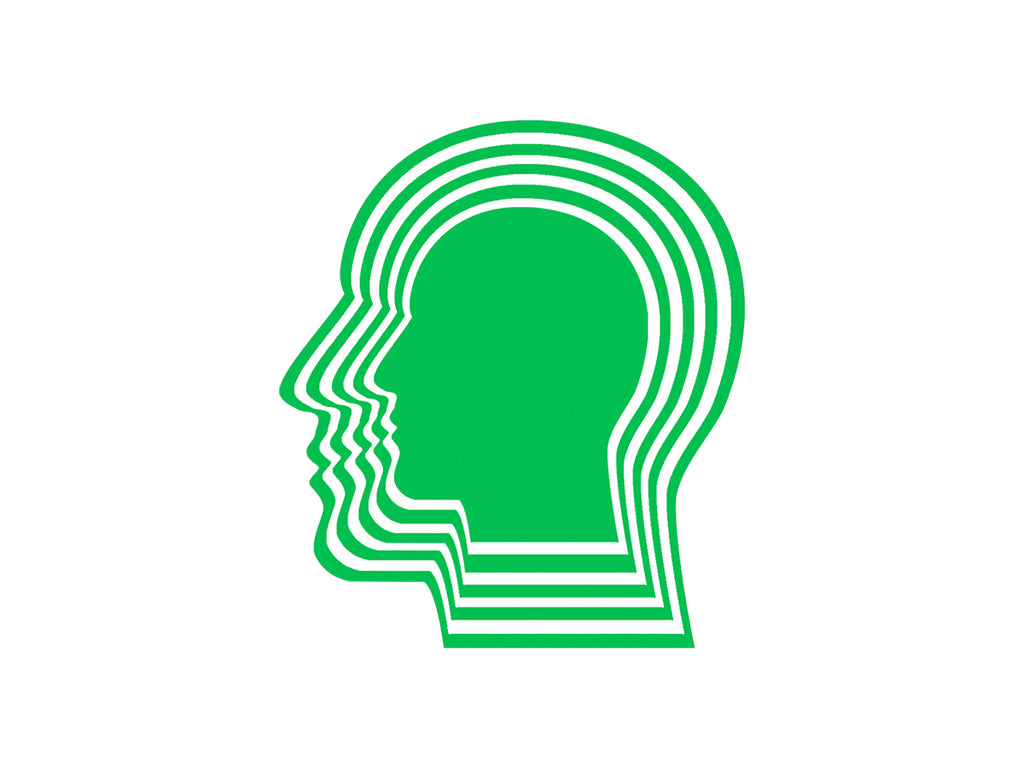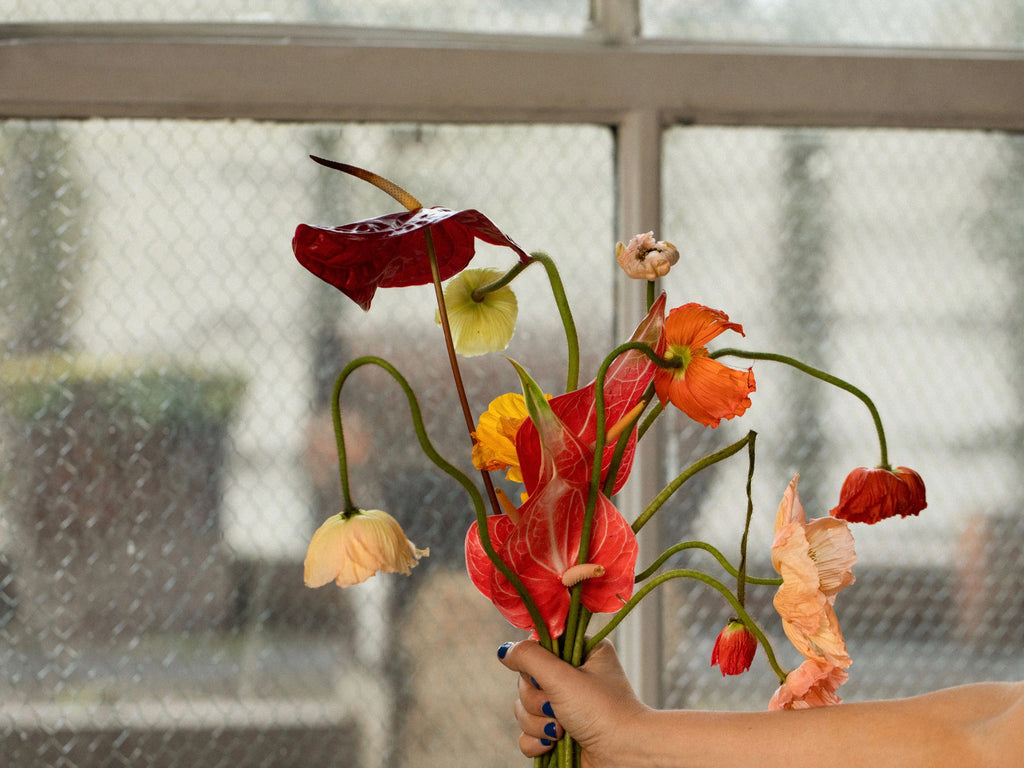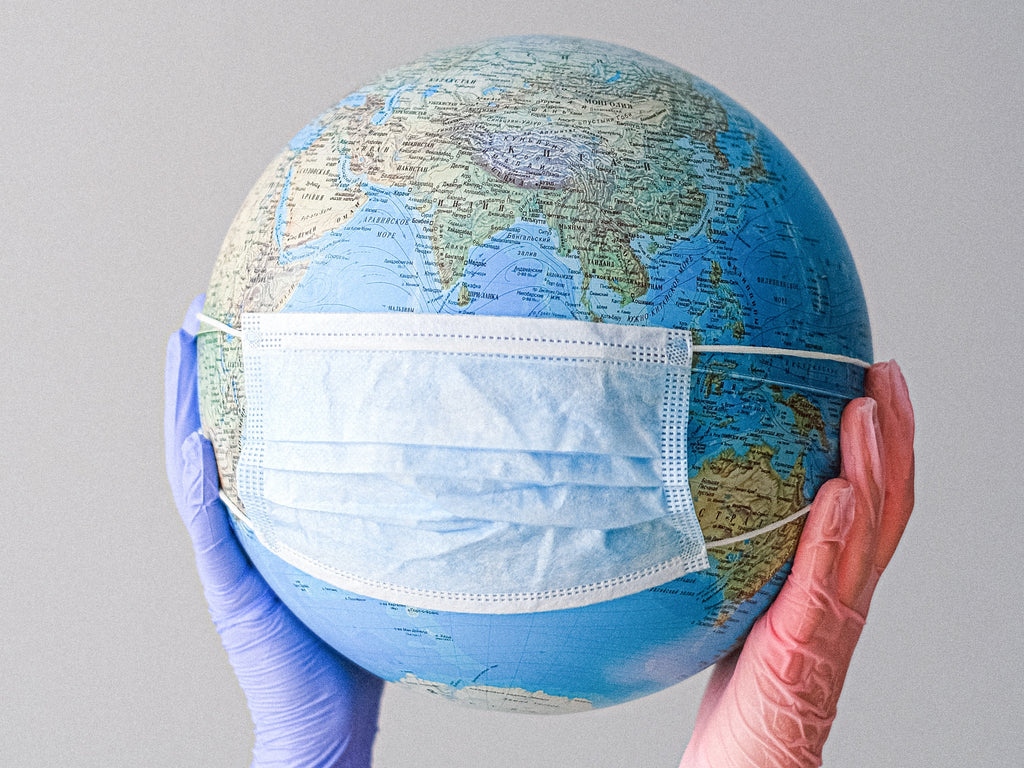Shopping in a State of Fear
How advertising is weaponized to take advantage of our greatest insecurities.
I recently received an email announcing the launch of a new product line for “below-the-belt” care. Essentially a skincare range for the vulva, it included a cleanser, mist, wipes, in-grown hair serum and lubricant so we can all avoid “embarrassment.” My response (as a shave/wax/laser aficionado) was rage. Don’t women have enough plucking, dyeing, waxing, moisturizing and manicuring to worry about without obsessing over the look and smell of our vulvas?
But then I paused. Why did I find this one launch so infuriating? As women, we’re used to being sold ever-changing packaging, ingredients, trends, technology and scents aimed at perfecting the way we look, feel, and smell. You might be familiar with this tweet that made the rounds in 2018:

In fact, simply being alive in 2020 means we’re inundated at every opportunity—whether we’re scrolling through Instagram or listening to a podcast—with advertisements trying their hardest to sell us items we don’t really need. Swiping through my Instagram stories today, I was targeted for a car, workout leggings, sneakers, tights and a mattress in a box. In my normal, day-to-day life, I see hundreds of images and videos that let me know about brands, products, and services that I never even knew existed.
I think the main reason why I was so angry about this new “below-the-belt” line is because, after spending years writing for magazines and recommending products to my readers, I’ve become savvier as a consumer. And I’ve realized that the danger isn’t so much in the actual items that ads try to sell (no amount of advertising’s going to convince me that I need or can afford a car right now), but in the latent desires and beliefs that these products and ads create so that, slowly, we start to believe something new. That belief could be that our vaginas are smelly and gross (which will adversely affect our sex lives), that our outfits say more about us than our words (which means we could lose friends, dates or jobs if we don’t update our wardrobes) or that the best people have a spirit of adventure (and we’ll miss out on life if we don’t travel extensively).
“I’ve realized that the danger isn’t so much in the actual items that ads try to sell, but in the latent desires and beliefs that these products and ads create so that, slowly, we start to believe something new”
These new beliefs eventually translate into the need or desire for a product or service. That’s why, even when we don’t think we’re being influenced, we probably are. As Nigel Hollis stated in The Atlantic, “Successful advertising rarely succeeds through argument or calls to action. Instead, it creates positive memories and feelings that influence our behavior over time to encourage us to buy something at a later date.” In essence, the job of many forms of advertising is to slowly create a need, insecurity or fear where none exists, then provide a product that will fix those feelings.
But what happens when most of us are already operating in a state of insecurity or fear due to a global crisis? Are we more vulnerable to the images and ideas that come across our paths? As pointed out by Scott Radnitz in a recent article about conspiracy theories for The Guardian, ideas and information are able to spread faster than ever in our current climate. “Whereas information once travelled from person to person, as diseases still do, since the advent of print capitalism people have been able to propagate dodgy ideas through the written word,” he writes. “In an age of extreme connectivity, we are exposed to more new ideas than ever but we are also vulnerable to manipulation.” He goes on to say that conspiracy theories can infect the public with “false or harmful ideas,” which makes it harder for the average citizen to uncover the truth.
The same is true for advertisements, which can now infiltrate every aspect of our lives and spread false information, create needs where there are none and feed on the already present fear that hangs in the air around us. Do you feel the urge to stockpile hand sanitizer? Are you panic-ordering candles and essential oils from the sale emails in your inbox? Are you buying gift cards and products that you may never use in an effort to protect your local shops from going out of business? I’m not saying that any of those purchases are inherently bad, but mindful buying—especially during a crisis when you may be extra susceptible to the manipulation of your beliefs—can only benefit your mind and your bank account.
“Mindful buying—especially during a crisis when you may be extra susceptible to the manipulation of your beliefs—can only benefit your mind and your bank account”
Before you start racking up charges on your credit card, step back and take a moment to ask yourself a few questions:
- Do I need this item or service to survive?
- If I don’t need it to survive, how will it benefit me? Is the reward something that I truly value, or something I’ve been trained to value? What desire does this item fulfill for me that I can’t fulfill by myself, with my relationships or with items I already own?
- If I don’t really need or even want this item, what are the social pressures that are in place that make me believe that I should make a purchase?
As advertising ramps up in the coming weeks to encourage brand loyalty or promote anxiety spending, remain vigilant and steadfast! (LOL, just be cognizant, folks.) Fear is a virus, but it doesn’t have to hijack your spending, too.
This post is tagged as:
You may also like...
The Latest
People & Places
How Ara Katz is Redefining “Self-Care” as Rooted in Science with Seed
The co-founder, mother, and self-proclaimed serial entrepreneur unpacks her philosophy on what it means to be well. Ara Katz hates the word “success”. Not because of its listed definition in a di...

Do Good Werk
9 Passive-Aggressive Email Phrases That Are Basically Evil
A Rosetta Stone for every time you want to :’).

Woo Woo
Get to Know Your Astrological Birth Chart
How to find meaning in the stars — and what it means for you.

People & Places
The 5 Best Places In New York To Meet Your Next Investor
Where to rub shoulders with the city's movers and shakers.

Do Good Werk
10 Unhealthy Thoughts You Convince Yourself Are True as a Freelancer
If you work alone, you might be particularly susceptible to distorted thoughts that hurt your mental health.

People & Places
Creating a Conference-Meets-Summer-Camp for Adult Creatives
An interview with Likeminds founders Rachael Yaeger and Zach Pollakoff This past September, I sat in front of an obituary I wrote for myself after a session with a death doula. No, I didn’t know w...

People & Places
When Something Golde Stays: An Interview with Golde’s Co-CEOs
“For us it was never a question,” says Issey Kobori, speaking of the decision to build a business with his partner Trinity Mouzon Wofford. At just shy of 27, Kobori and Wofford have secured a host ...

Better Yourself
Are They Toxic? Or Are They Human?
There’s a difference between putting up boundaries and putting up walls, and the latter is what breaks relationships.

Do Good Werk
How To Combat Seasonal Affective Disorder At Work
Here’s what to do if seasonal affective disorder starts to take a toll at the office.

People & Places
Reclaiming Womxn's Wellness Spaces from a White-Dominated World
How The Villij built a collective that their community can connect to.









